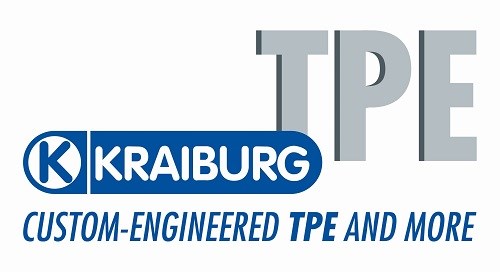High-Flow, Low-Density TPEs For Automotive Debut
Aiming at a variety of automotive applications such as cup holders, air-guide systems, window seals is Kraiburg TPE, Duluth, Ga., which launched at NPE2015 new custom high-flow TPEs.


Aiming at a variety of automotive applications such as cup holders, air-guide systems, window seals is , Duluth, Ga., which launched at NPE2015 new custom high-flow TPEs. They are said to allow for filling the mold cavity with even pressure, resulting in consistent gloss on the show surface of the part. Compared to other TPEs, TPVs and PVC, the Kraiburg TPE’s are said to typically increase the molder’s profitability because they yield reduced cycle time, reduced scrap, and are easier to process.
In addition, the high-flow TPEs are formulated to have less off gassing than competitive grades, which enables the process to run longer without having to have the mold cavity surface cleaned—a major cost advantage. In addition, these grades have very low specific gravity—generally 0.93 g/cc, while commonly used PVC has a typical density of 1.40 g/cc. Using these densities, in a typical design for rear quarter light window, these TPEs have been shown to offer a vehicle weight savings of 0.63 lbs.
Want to find or compare materials data for different resins, grades, or suppliers? Check out Plastic Technology’s Plaspec Global materials database.
Related Content
-
Impacts of Auto’s Switch to Sustainability
Of all the trends you can see at NPE2024, this one is BIG. Not only is the auto industry transitioning to electrification but there are concerted efforts to modify the materials used, especially polymers, for interior applications.
-
Q&A: Bioproduction of PHA and the Future of Plastics
A conversation with Max Senechal and Leah Ford of CJ Biomaterials
-
Neste, Borealis and Covestro Plan to Make Polycarbonate From Recycled Tires
Companies announced agreement that will use advanced recycling to convert old tires into new PC-suitable for automotive applications.









